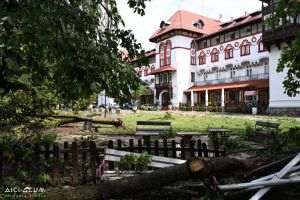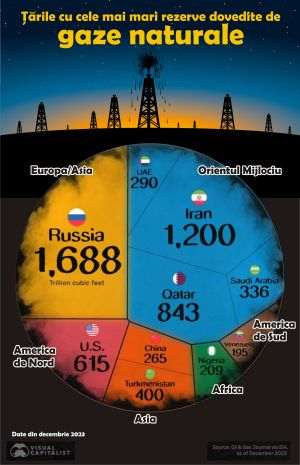The Minister of Education, Ligia Deca, announces that she has approved the new order regarding student scholarships. According to the minister: "Bigger scholarships for students! I have approved the new ministerial order regarding student scholarships. The minimum amount of the social scholarship is proposed annually by the National Commission for Financing Higher Education and must cover the minimum expenses of food and accommodation''. Thus, for this academic year, the minimum amount was set at 925 lei. "Based on autonomy, universities can increase this amount'', the minister said. Other types of scholarships for students were also increased: doctoral scholarship - from 3,200 to 3,700; scholarship for university studies for a teaching degree with double specialization/teaching master's degree - from 3,158 lei to 3,700 lei; Olympic Excellence Scholarships (results obtained in high school) - 3,700 lei for the first prize; 2,775 lei - the second prize; 1,850 lei - for the third prize.
Last month, the minister announced: "We have taken several steps that will support and encourage young people to choose to continue their studies here, at home, towards a research career. Scholarships for doctoral students have increased, since the last academic year, to 3,200 lei per month. We will soon launch the third edition of the call for scholarships for university master's and doctoral internships, for postdoctoral and research internships abroad. Now the scholarships have an amount ranging between 1,100 - 1,200 euros per month depending on the country of destination". According to her, in all areas there is a need to strengthen the relationship between the academic, research and practitioner sectors: "The relationships between education and medical research for health must be among our concerns. (...) All European citizens have the right to education and health. We support the multiplication of research activities and international collaborations. Programs in the new research area can lead to innovations in treatments, diagnostics and medical technology. (...) Romania actively participates in addressing global challenges through research, aligning itself with European missions and partnerships where it has the potential to contribute with innovative solutions, and the national research-innovation system is already integrated into the European research area." Deca recalled that among the concerns of the Ministry of Education to support the efforts of universities to participate in such programs are the increase in the number of doctoral graduates compared to the number of higher education graduates, the participation of Romanian universities in alliances of European universities to access research funds in a much more competitive way, the modernization of university infrastructure and their digitalization.








































